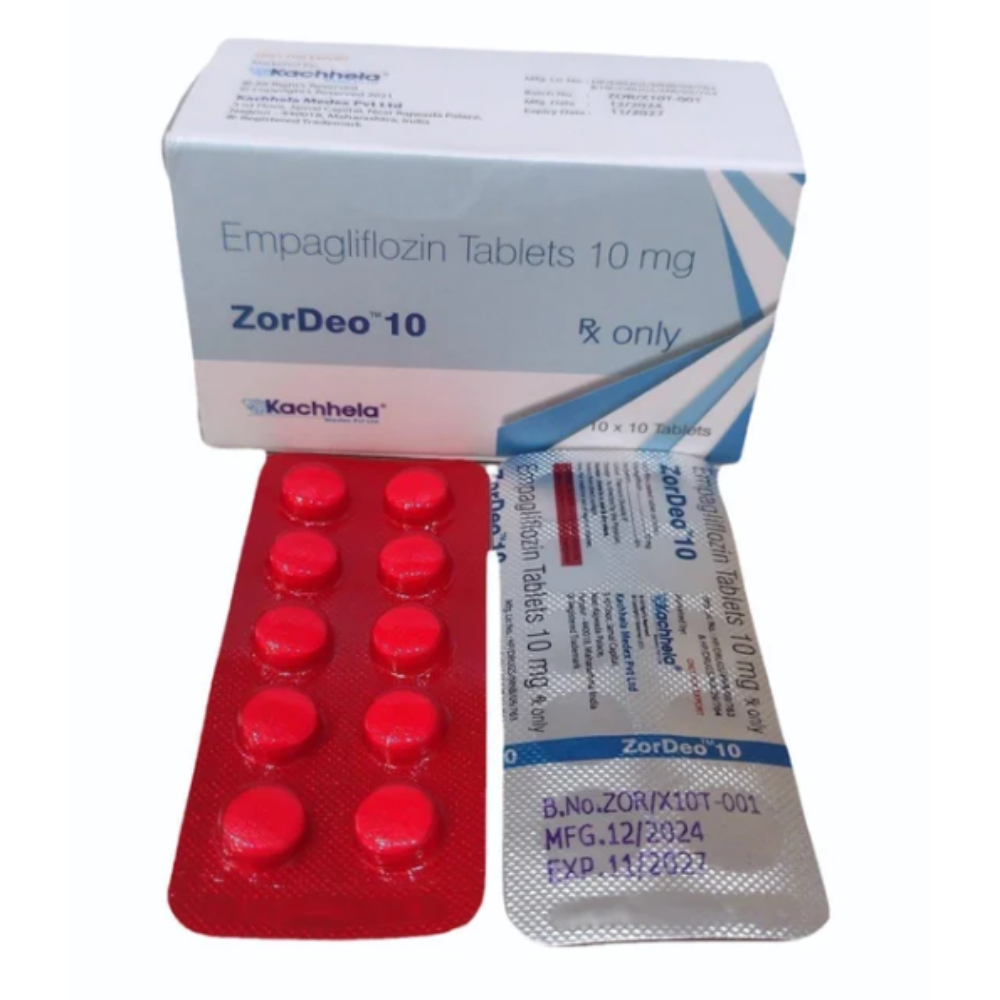Recognizing the Benefits and Uses of Fenbendazole in Vet Medicine
Fenbendazole has developed itself as a key anthelmintic in veterinary medication. Its capacity to target various parasitic infections makes it a beneficial tool for vets. The medicine's system interferes with essential cellular processes in bloodsuckers, bring about reliable treatment outcomes. Its safety and security profile differs between varieties, requiring cautious consideration in its usage (fenbendazole 444). Understanding these dynamics can clarify fenbendazole's wider effects in veterinary treatment and ongoing research study right into its potential past traditional applications
System of Activity of Fenbendazole

Usual Parasitic Infections Dealt With With Fenbendazole
A variety of parasitical infections are effectively treated with fenbendazole, making it a versatile alternative in veterinary medication. This anthelmintic agent is particularly efficient versus nematodes, including roundworms and hookworms, which typically influence canines and felines. It is additionally utilized for the treatment of cestodes, such as tapeworms, supplying a wide spectrum of activity against both types of intestinal parasites. Furthermore, fenbendazole is useful in managing infections caused by protozoa, particularly Giardia, which can result in stomach distress in animals. Its efficacy expands to treating specific lungworms in dogs and felines, resolving respiratory health and wellness problems linked to these parasites. On the whole, fenbendazole's ability to target several parasitic types makes it a valuable device in vet method, making certain the wellness and health of family pets influenced by these usual infections.
Safety and Efficacy in Different Pet Species
The safety and security and efficiency of fenbendazole vary amongst different pet varieties, emphasizing the importance of species-specific considerations in veterinary medicine. In dogs, fenbendazole is usually well-tolerated and effective against a variety of intestinal parasites, including roundworms and hookworms. For felines, nevertheless, its use is much less usual and may call for careful application because of potential adverse reactions.
In animals, such as cattle and sheep, fenbendazole shows efficiency versus different endoparasites, contributing to enhanced wellness and efficiency. The pharmacokinetics and possible side effects can differ substantially in between types, requiring cautious assessment by vets.
Equines also respond favorably to fenbendazole, particularly for dealing with strongyles and ascarids, though dose and management routes should be tailored to their special physiology. Comprehending these distinctions is essential for optimizing treatment end results and making sure pet well-being across varied species.
Administration and Dose Guidelines
Appropriate management and dose guidelines are essential for taking full advantage of the healing impacts of fenbendazole while reducing possible negative effects. The dose commonly varies relying on the varieties being treated, the details problem, and the formula of fenbendazole made use of. 222 mg. For pet dogs and cats, an usual dosage is 50 mg/kg body weight, carried out see this page daily for three successive days, but vets may adjust this based upon specific wellness analyses
It is necessary to administer fenbendazole with food to enhance absorption and lessen gastrointestinal distress. The medication is available in numerous types, including granules and paste, enabling adaptable management choices. Keeping an eye on the pet's feedback throughout and after treatment is a good idea to verify effectiveness and security. Furthermore, veterinary advice is crucial to figure out the ideal duration of treatment based on the type of parasitic infection being attended to, ensuring optimal results for the animal's health.
Future Viewpoints and Research Study on Fenbendazole
Research on fenbendazole continues to evolve, concentrating on its possible applications beyond traditional antiparasitic usages. Current researches have actually explored its performance in dealing with numerous types of cancer cells, especially in veterinary oncology. Initial data suggest that fenbendazole may hinder the growth of lump cells and improve the effects of various other chemotherapeutic agents.
Moreover, researchers are exploring its role in taking care of gastrointestinal conditions in animals, highlighting its anti-inflammatory residential or commercial properties. The versatility of fenbendazole for different species questions about its safety and security profiles and suitable dosing routines in diverse populaces.
As passion expands, there is a requirement for thorough scientific tests to establish evidence-based standards for these novel applications. explanation Future study may likewise explore the mechanisms behind fenbendazole's effects, possibly leading the way for cutting-edge healing methods in veterinary medication. The ongoing exploration of fenbendazole could significantly boost treatment alternatives for different veterinary conditions.

Regularly Asked Questions
Is Fenbendazole Safe for Pregnant Animals?
The security of fenbendazole for pregnant pets stays unsure. While some researches recommend very little threat, veterinarians generally suggest caution and frequently recommend against its use while pregnant unless the advantages clearly exceed potential dangers.
Can Fenbendazole Be Made Use Of in Animals?
Fenbendazole is generally made use of in animals to treat various parasitical infections. 222 mg. Its efficiency versus intestinal worms makes it an important anthelmintic, adding to improved health and efficiency in pets elevated for food and fiber
What Are the Negative Effects of Fenbendazole?

The side effects of fenbendazole may include stomach disturbances, lethargy, and allergic reactions. In rare instances, extra serious responses can take place, demanding mindful tracking and assessment with a vet throughout treatment.
Exactly How Does Fenbendazole Contrast to Various Other Dewormers?
Fenbendazole offers broad-spectrum efficacy against different parasites, often contrasting favorably to various other dewormers. Its unique mechanism targets different life stages, making it effective, while normally providing a positive safety account contrasted to options readily available on the marketplace.
Can Fenbendazole Be Used for Dealing With Cancer Cells in Animals?
The possibility of fenbendazole in treating cancer cells in family click over here pets has actually gathered passion. Preliminary researches suggest it may hinder cancer cells cell growth, yet further research study is required to confirm its effectiveness and safety in veterinary oncology.